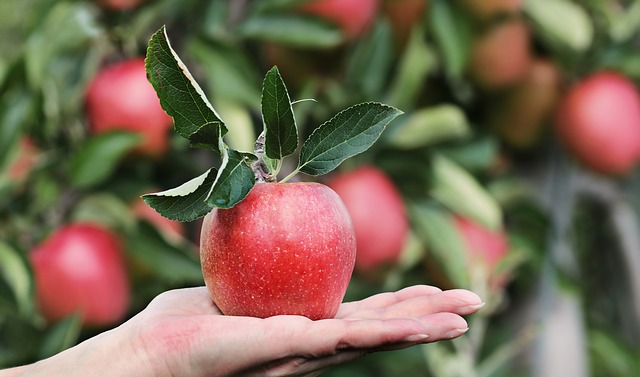July 11, 2018
Seattle-based bioagtech startup Phytelligence has raised an additional $9.85 million from undisclosed investors toward its Series B announced in July of last year. This funding now brings the company’s Series B to $16.8 million, and total funding raised to date to $22.5 million.
Founded in 2012 when it was launched out of Washington State University by Dr. Amit Dhingra, Associate Professor of Horticulture Genomics and Biotechnology Research, Phytelligence is the developer of MultiPHY™- a proprietary, non-GMO method of growing crops, including apples, cherries, peaches, pears, grapes, hops, citrus, berries, and nuts, up to five times faster than traditional methods while using fewer inputs. The company also provides genetic analysis services to growers who wish to confirm existing varieties or patent new ones, and repository services to growers who are looking to store their plant material in a sterile environment, according to the company’s website.
The rootstock produced by Phytelligence is confirmed to be free of viruses, is genetically confirmed to be the proper variety, and have less than a 1 percent mortality rate compared to common mortality rates of between 10 and 40 percent. The MultiPHY™ tissue culture process enables Phytelligence to supply nurseries and agricultural producers with higher quality plants at a lower cost at a rate that enables farmers to scale up production of new varieties at a faster pace.
More of a Good Thing
In July of last year, Spokane-based, family-owned Cowles Company led a $6.95 million funding round for Phytelligence, which also included WRF Capital, that was the first closing toward a potential $16 million Series B.
“The decision to invest in Phytelligence was an easy one to make once we saw the tremendous gap between the current nursery capabilities and the needs of the modern grower,” stated Steve Rector, CFO of Cowles Company at the time. “The current system of providing plants to growers is antiquated and simply can’t keep up with the changing customer preferences the growers are trying to satisfy. Phytelligence has the technology, the capacity and the expertise needed to completely revolutionize the food crop industry.”
Phytelligence is headquartered in Seattle, however, the company also has an eight-acre greenhouse in Burien, Washington, a tissue culture lab in Portland, and a R&D facility in Pullman, and has been fleshing out its team, naming a new vice president of sales for citrus, a new global vice president of sales for berries, and a new vice president of global sales for nuts, hops, and new crops, since March of this year.
A Public-Private Dispute
Growth and disruption often are not smooth roads to travel, and Phytelligence is currently embroiled in a legal dispute with Washington State University over its right to commercialize the “Cosmic Crisp” apple variety developed at the university 20 years ago.
The financial stakes can be high. The Cosmic Crisp, which is a cross between the Honeycrisp and Enterprise apple varieties, is being labeled as the “apple of the future”, according to Geek Wire, due to its superior taste and long shelf life. The promise of this new variety had led Washington State growers to order 12 million trees, ahead of initial supermarket deliveries expected in 2019.
At the root of the dispute is an agreement between Phytelligence and WSU from November 2012, under which Phytelligence was granted approval to grow Cosmic Crisp apple trees with an option to apply for a commercialization of the variety. This option to request the license was exercised by Phytelligence last year, and the company began taking contracts from growers with expectations that the license would be granted.
Subsequently, Geek Wire reported that the license was not granted by the university, which has filed counterclaims against Phytelligence claiming, among other things, that the company violated the Consumer Protection Act, and requesting that Phytelligence be blocked from using the Cosmic Crisp trademark, and that all of the Cosmic Crisp plant material in question be destroyed or returned to the university.
-Lynda Kiernan

Let GAI News inform your engagement in the agriculture sector.
GAI News provides crucial and timely news and insight to help you stay ahead of critical agricultural trends through free delivery of two weekly newsletters, Ag Investing Weekly and AgTech Intel.




